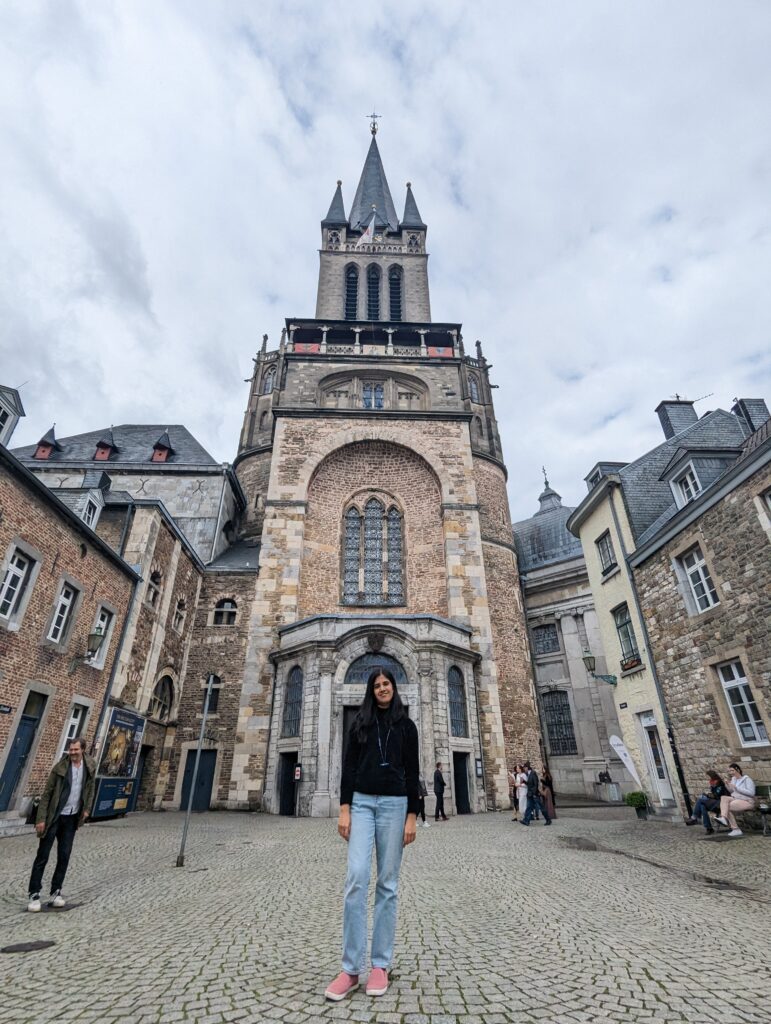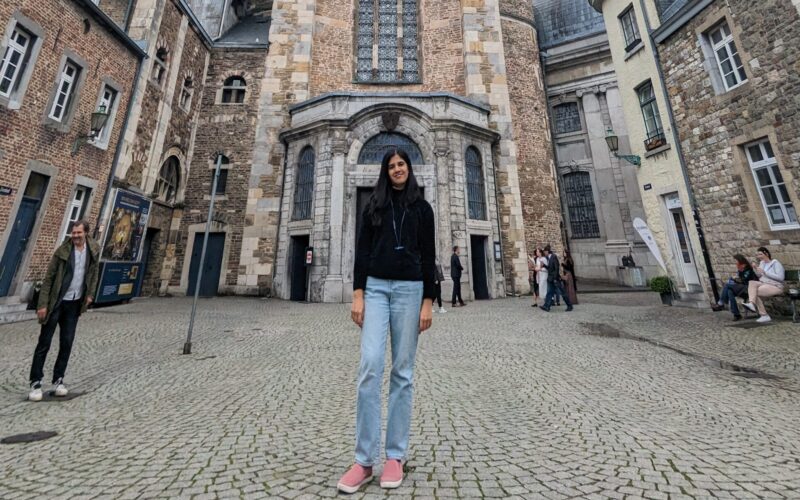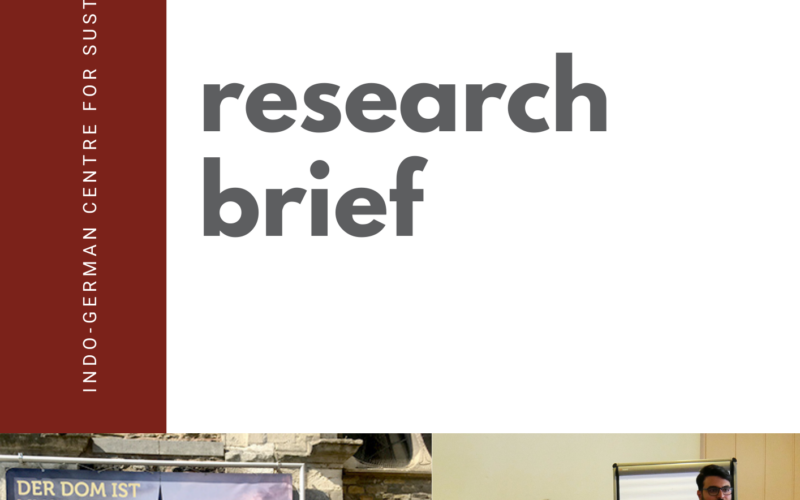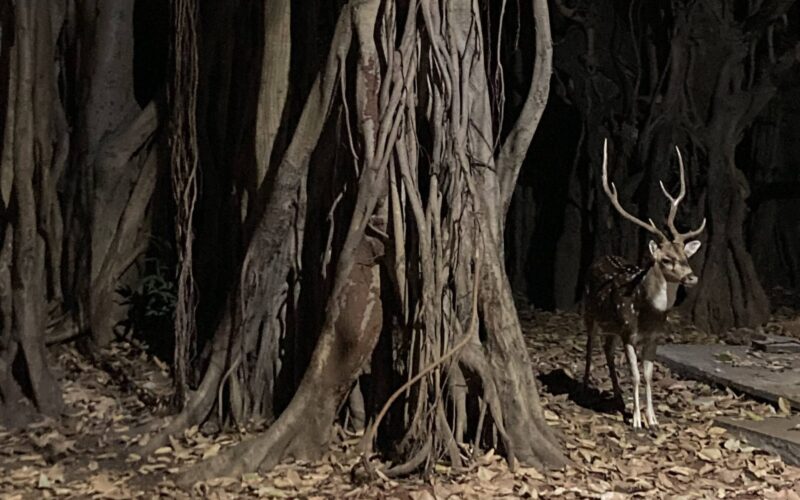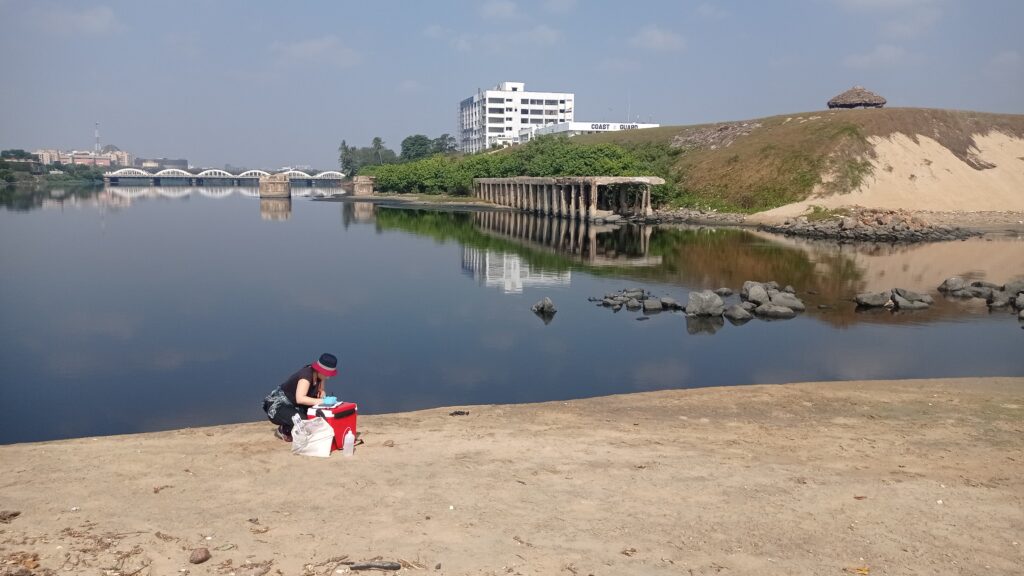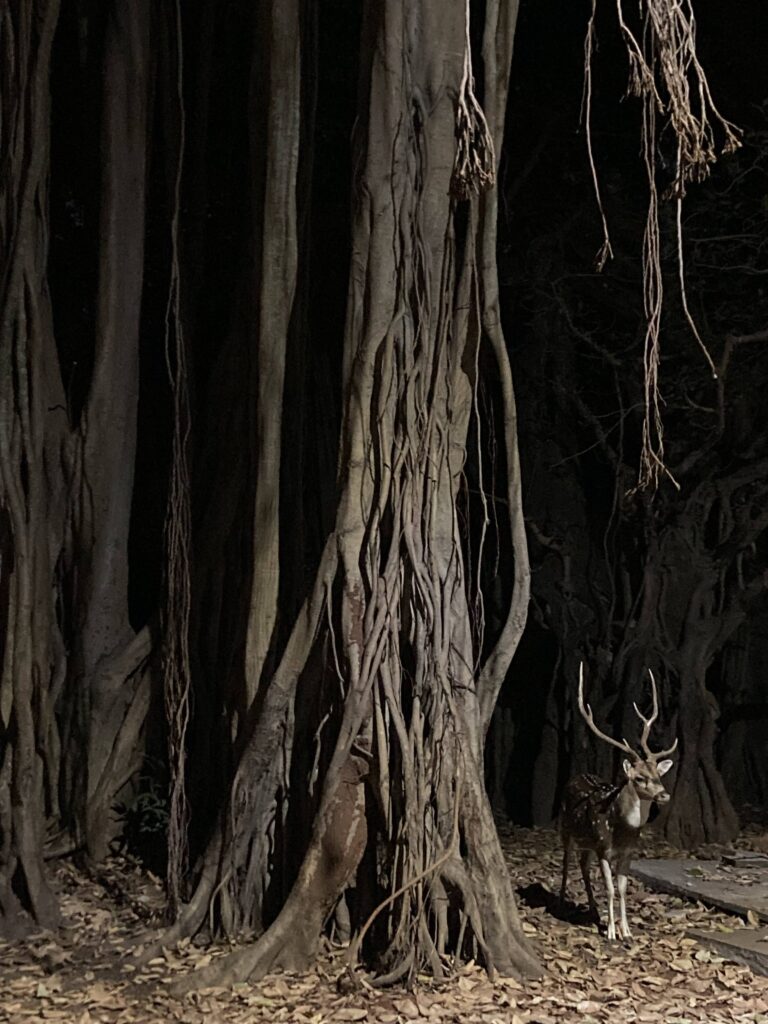Angel Jessieleena A had an enriching 3-month research exchange program at RWTH Aachen University, Germany, as she delves into the source and fate of #microplastics at Indian Institute of Technology, Madras, Chennai.
Angel’s gained valuable insights in focus and organization, significantly impacting her personal and professional growth through their research exchange in Germany.
You can read their full testimonial is below:
“My name is Angel Jessieleena A, and I’m a PhD student at IIT Madras, Chennai. My area of research is to investigate the source and fate of microplastics present in aquatic systems. In this report, I will share my experience with a 3-month research exchange program at RWTH Aachen University in Germany.
The main purpose of my visit was to utilize an instrument named micro-FTIR, which helps in the analysis of microplastics.
To begin with, let me first give you all a brief background about my area of research and my intent to visit. My doctoral research work is in the field of microplastics, focusing largely on the environmental monitoring of the surface waters of Chennai, India. In order to conduct a qualitative analysis of microplastics, Fourier Transform Infrared Spectrometer (FTIR) is used. However, it becomes impossible to use FTIR for the analysis when the microplastics of interest are less than 500 microns. There comes the need for a sophisticated instrument called micro-FTIR wherein a microscope comes along with the FTIR. This enables the user to focus on the microplastics through the microscope and parallelly conduct FTIR analysis to know the chemical composition of microplastics. However, this instrument is not available in our institute, but in order to analyse smaller microplastics (<500 micron in size) that are reportedly predominant in surface waters, micro-FTIR is essential.
Since Dr. Schwarzbauer’s lab at the Institute of Geology and Geochemistry of Petroleum and Coal, RWTH Aachen University is having the instrument, we (me and my supervisor) have decided that it is better for me to make a research visit to Germany. This is how my plan to visit RWTH Aachen University started. Later on, during our search to widen the exposure and also to gain knowledge about the experimental works that are being carried out in the other institutes of RWTH Aachen University, we came across ‘The Institute of Hydraulic Engineering and Water Resources Management (IWW)’, headed by Prof. Schüttrumpf. Wherein I had the opportunity to conduct experiments to understand the settling behavior of microplastics, which was inspired by the research work of Dr. Waldschlager. I’m very much thankful to both Dr. Waldschlager and Max for helping me out throughout this work.
Now coming to my experience, these three months had a great impact on both my personal and professional life.
I’m someone who always does things in a hurried manner, assuming that I would save time by rushing it up. But when I went to Germany, I kind of understood that no one there is actually rushing their work. Instead, they do one task at a time but with complete focus. Whereas many a times I felt that since I’m rushing my work and doing multiple things parallely, my focus will not be 100 % at the work I’m doing. This is because at the back of my mind I would be always thinking that I have some other things to do. This would ultimately help me finish the job but not with a perfection.
Another important habit I learnt is ‘the art of organization’. Since I’m someone who rush up things, I just sometimes keep things randomly with a prime focus of just finishing up the work. This habit would eventually make me spend more time to locate my things/materials. This not only causes loss of time but creates unwanted mental stress. I also realized that Germans are more into maintaining the things and keeping it clean. I see people spending so much time cleaning a single glassware and maintaining it very properly. I think I was lacking in that and now I’m trying my best to maintain my things and keep it clean.
Apart from these, I learnt many more things. I would say that these three months research stay at Aachen have made me a better person both in my personal and professional life.
Working in both the institutes was a highly rewarding experience. For a microplastic researcher, specially coming from developing countries like India, working with micro-FTIR was always a dream since it is pricey. Special thanks to Christina for helping me to learn the instrument’s operational and other details. Though I could not analyse all the samples due to time constraints, I was able to analyse samples that are of high importance. Therefore, for those planning to do a similar kind of research visit, my kind advice is to plan for at least a 6-month visit so that you would not need to rush up your work like I had to do.
So, I would recommend all my colleagues to take up the available opportunities and get immersed in a new experience. I’m sure that experience like this will definitely better their personal and professional life. Last but not least, I’m very thankful to all my colleagues and IGCS team members for their kind support throughout my stay there.
Danke!”
